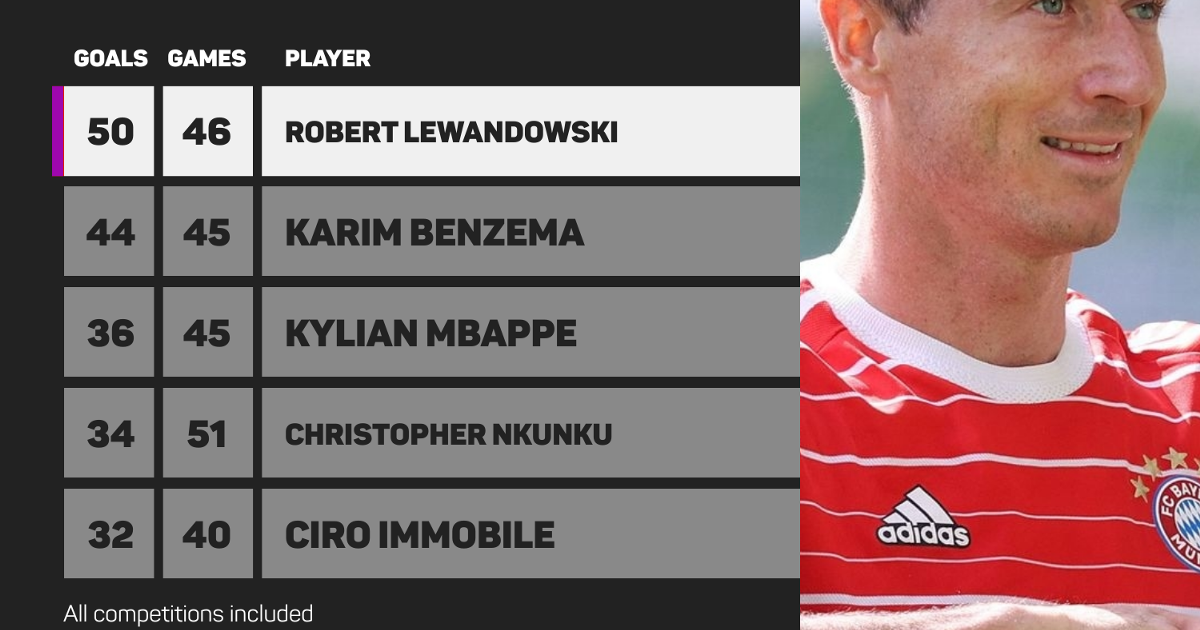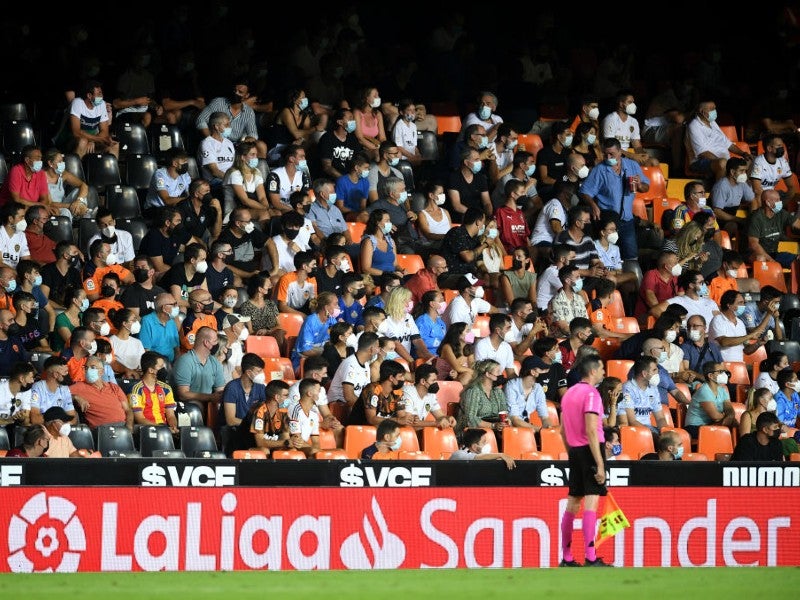
Javier Tebas Critiques FIFA Club World Cup: A Threat to Football's Sustainability

In a bold and provocative statement, LaLiga President Javier Tebas has firmly positioned himself against the FIFA Club World Cup, labeling it a significant threat to the sustainability of football. Speaking at a recent LaLiga event, Tebas made his intentions clear, stating, "My goal is to ensure there are no more Club World Cups, that’s very clear." His comments come amid growing concerns regarding the tournament's format, attendance, and overall relevance in the ever-evolving landscape of international club football.
Criticism of the Club World Cup Format
Tebas did not hold back in his critique of the tournament, which he described as lacking intensity. Highlighting a recent match between Chelsea and Los Angeles, he compared the fixture's atmosphere to that of a preseason friendly, citing low attendance as a key factor. "I watched 25 minutes of the match and I didn’t see any intensity," he remarked, reinforcing the notion that the Club World Cup fails to capture the excitement that typically characterizes elite football competitions.
The revamped FIFA Club World Cup, held in 2025, has been scrutinized for its format, which many fans and analysts believe dilutes the essence of football. By introducing a larger number of teams and matches that often lack competitive spirit, the tournament risks alienating fans and undermining the integrity of club competitions globally.
The Clash Between National Leagues and FIFA
Tebas' comments reflect a broader frustration among league officials regarding the increasing influence of FIFA on international tournaments, which can overshadow domestic competitions like LaLiga. This clash between national leagues and FIFA’s initiatives poses significant questions about the future of international club competitions. As Tebas pointed out, there is a growing sentiment that reforms are necessary to ensure that international tournaments align more closely with the interests of domestic leagues.
The financial implications of the Club World Cup are also a concern for leagues. With clubs investing heavily in player salaries and infrastructure, the diluted competition could affect revenues generated from matchday attendance and broadcasting rights. A tournament that lacks excitement and fan engagement is unlikely to attract the financial backing required to sustain clubs and ensure their long-term viability.
Statistics and Attendance Issues
Recent figures paint a worrying picture for the FIFA Club World Cup. Matches have witnessed low attendance, raising alarm bells among football stakeholders. For instance, reports indicate that several matches during the tournament have struggled to fill stadiums, with some clashes drawing fewer spectators than expected. This trend not only undermines the prestige of the tournament but also reflects a disconnect with fans, who are increasingly discerning about the competitions they support.
According to a recent study by Sports Business Journal, nearly 60% of football fans expressed disinterest in the Club World Cup due to its format and scheduling conflicts with domestic leagues. This disinterest poses a threat not just to the tournament's future but to the broader financial ecosystem of football.
The Future of International Tournaments
As the debate surrounding the FIFA Club World Cup continues, the critical question remains: How will FIFA respond to the mounting criticisms? The organization has already faced considerable pressure to rethink the structure of its international competitions. Tebas’ outspoken stance may serve as a rallying point for other league officials who share his concerns.
Furthermore, Tebas has emphasized the importance of aligning international tournaments with the sustainability of domestic leagues. A collaborative approach between FIFA and national football associations may be necessary to reshape competitions in a way that respects the traditions of club football while also providing an engaging experience for fans.
Conclusion
Javier Tebas’ vocal opposition to the FIFA Club World Cup shines a spotlight on the ongoing tensions between national leagues and international governing bodies. His calls for the elimination of the tournament underscore a broader sentiment among football stakeholders advocating for reforms that prioritize the sustainability and integrity of the sport. As FIFA grapples with these criticisms, the future of the Club World Cup remains uncertain, and it will be crucial for the governing body to consider the perspectives of leagues and fans alike in order to foster a healthier football ecosystem.

The battle over the future of the FIFA Club World Cup is a reflection of football's evolution, where the interests of clubs, leagues, and fans must be balanced to ensure the sport thrives. As the dialogue continues, Tebas’ remarks may serve as a catalyst for meaningful change, potentially reshaping the landscape of international club football for years to come.